Jeddah and the good life
It has been talked about for years, but it’s finally happened; Saudi Arabia has announced that it will begin issuing tourist visas for 49 countries. Applications are processed online, and travellers can arrive at any of the kingdom’s airports although, crucially, non-Muslims are still forbidden to enter Makkah and central Madinah.
Jeddah is most likely where many of the new tourists to Saudi will be arriving. It’s the kingdom’s second largest city, and its most interesting and liberal (presumably a key factor for many first timers when deciding where to land).

At the end of a few days in Jeddah, I felt as if I had seen an entirely different side of the kingdom. Gone were the overt strictures of Makkah and Madinah, replaced by a cocktail of futuristic skyscrapers, ultra cool youth culture and a joie de vivre that more than occasionally spills over into hedonism.

Take, for example, my first night out on the town with my friend Ragi. Hanging out late night at his cousins’ great hotel to the north of the city, we were tasting the newly-opened cafe’s caffeine-infused creations at 10pm, smoking sheesha by the poolside by midnight, and by 2am ordering gourmet sandwiches to be delivered to our doorstep from an upmarket local delicatessen. It was a mixed crowd; men, women, religiously observant, chilled out… a fun get together like anywhere else in the world that flies in the face of the one-dimensional stereotype of Saudi Arabia being uniformly austere.
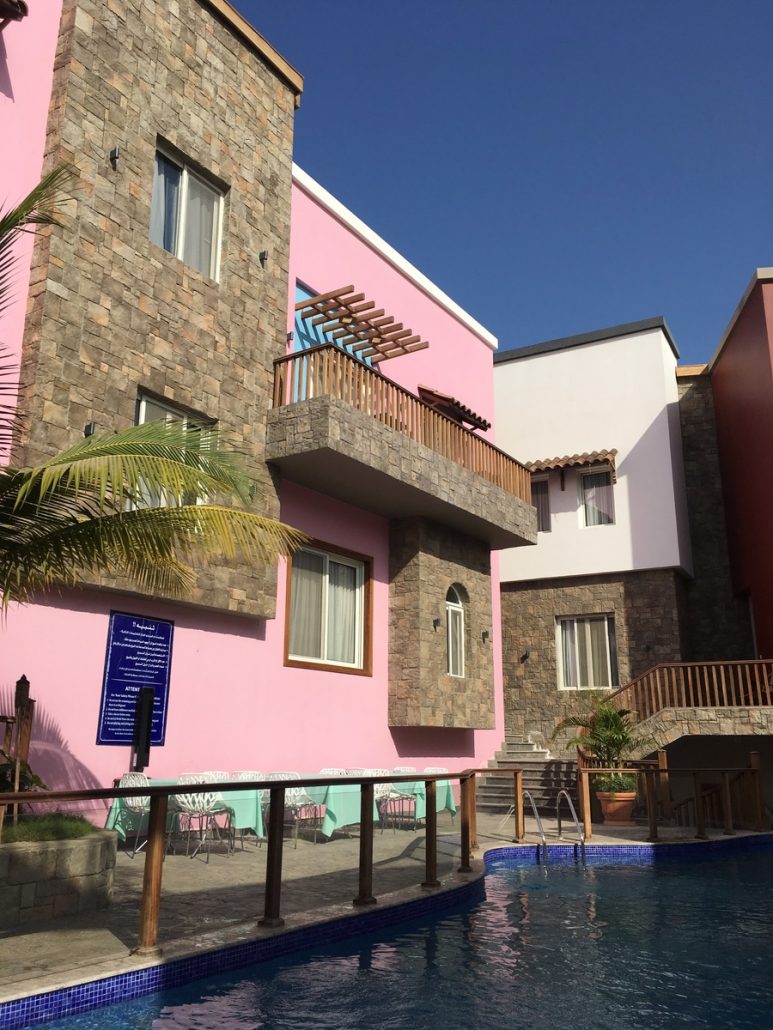
Where it differed to many other gatherings was in how freewheeling it was; unlike so many midweek nights out in Australia, there was no apparent sense of having to get home to sleep before work the next day. Nor were there any limits on the hospitality; “wanna go for chocolate fudge brownies at 4am? All the restaurants downtown are still open. Or we could just hang here and pack another sheesha.”
Oh yeah, and there was no alcohol.
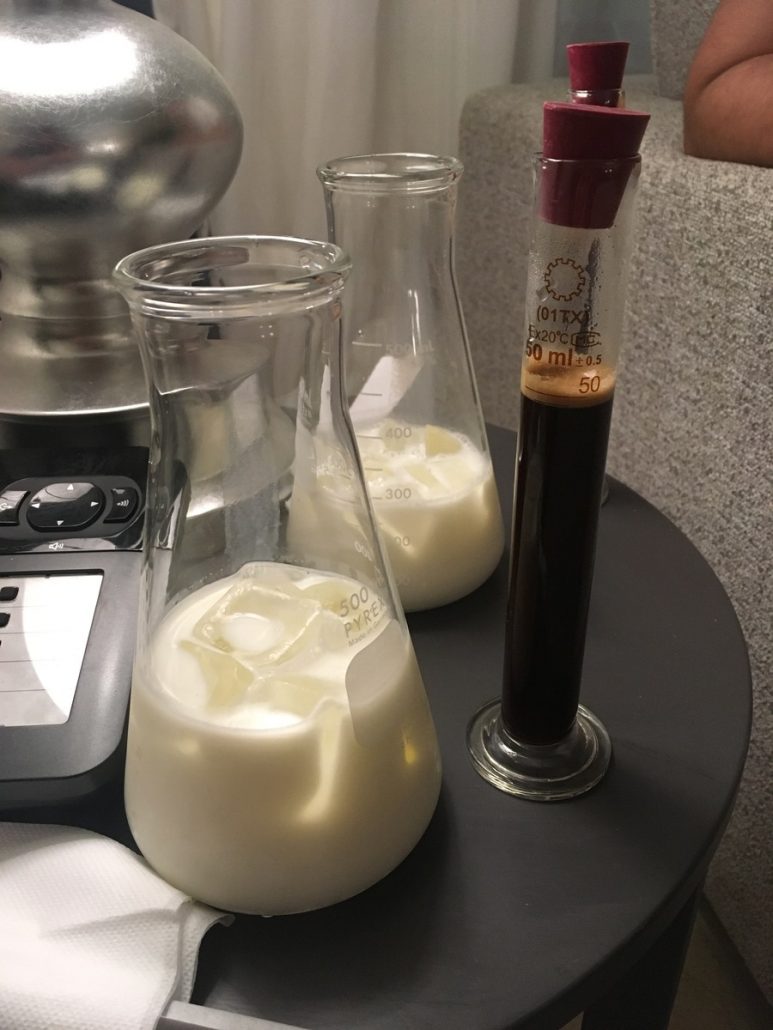
And while I was a guest there, I didn’t get the feeling that this was a particularly special occasion; it seems if you have money in Jeddah, this is what you do when you want to hang out.
Another night, another friend and I had dinner at his house, before Mohammad took me out to a music-and-sheesha bar late night. We arrived at the rooftop club at about ten and the place was pumping; a band were singing their renditions of popular Arabic hits both new and classic, and the women’s section (directly in front of the stage) were really getting into it; some stood up and broke into dance, while others ululated and whistled from their seats. The men’s section was a bit more sedate – only semi-interested in the musical performance, the groups of males sat there twirling their cellphone ear buds to the beat of the music, cracking up at each other’s jokes or sipping mint tea. The air hung heavy with sheesha smoke, flavours like the classic Double Apple through to mysterious “Blue Mist” emanating from both sides of the partition.
And not a drop of alcohol was served.
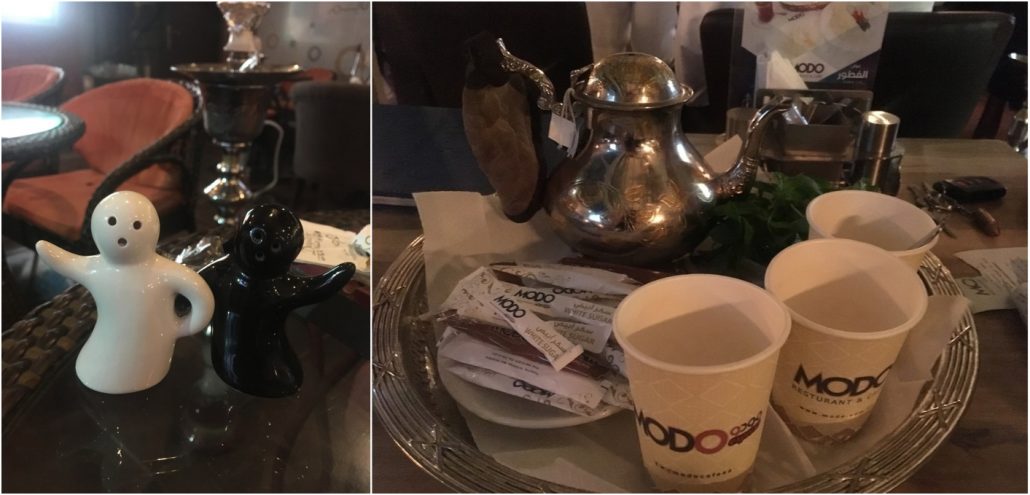
Jeddah seems to be a city overfed on the good life; as a port city it has long been one of the region’s most prosperous metropolises. Cash flows through this place like water through pipes; trade is done, money is spent and life is lived.

Being a port city, and just seventy kilometres from the holy city of Makkah, Jeddah is also one of the region’s most cosmopolitan metropolises. The comings and goings of seafarers have exposed the Hejaz region to people transiting from Europe to India and East Asia via the Suez Canal, as well as local traders from throughout Arabia and Africa.
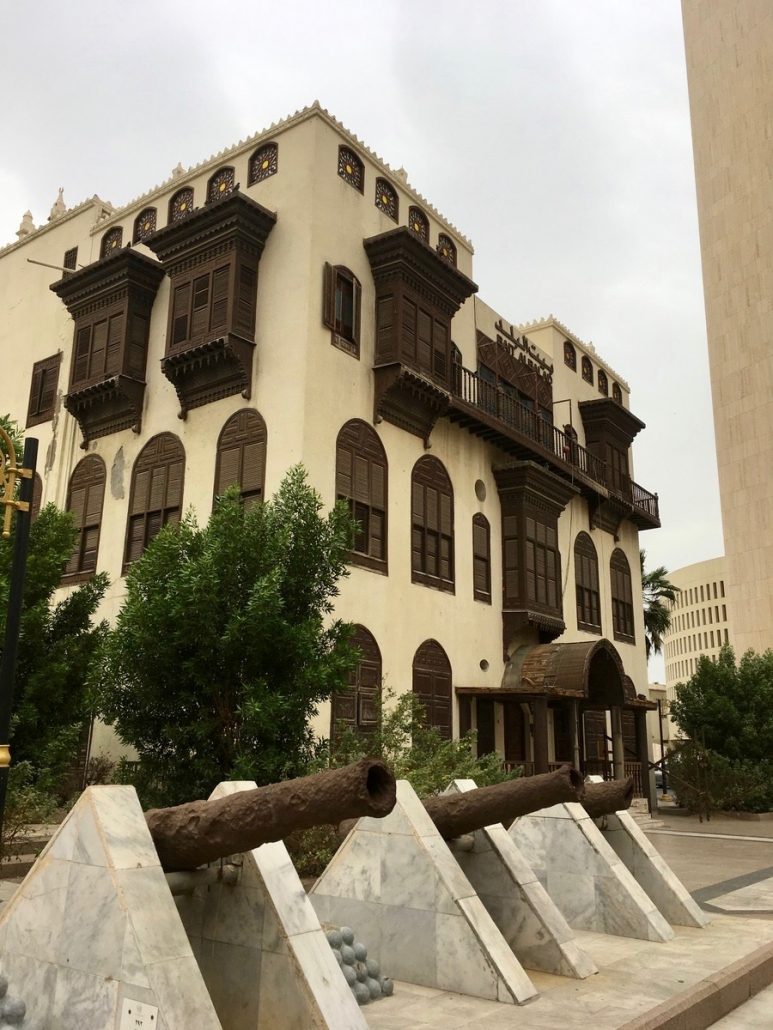
Pilgrims to Makkah would wash ashore by the shipload in days gone by; this particular port function superseded by Jeddah’s international airport which receives direct flights from as far away as Jakarta in the east and New York in the west. That Jeddah’s airport is the closest to Makkah is no coincidence; Makkah’s rugged terrain makes it an unimaginable site to build a runway, however there is also a certain poetry in Jeddah retaining its role as the gateway to the holy city, whether pilgrims arrive by sea or by air.

One might be tempted to think that all of this trade and religious importance would make Jeddah a prudish place, but instead quite the opposite is true. While Makkah is only an hour’s drive away, the two cities have very little in common. Where Makkah spends her nights in prayer, Jeddah is ordering more plates for her business associates at that new Japanese-fusion place that has opened up.
Jeddah is arranging to meet his cycling buddies for brunch on Saturday morning after a dawn ride from the hills near Makkah.
Jeddah is cruising up and down the corniche late at night in the sports car dad bought me when his shipping company landed that contract in Norway.

But don’t be fooled into thinking Jeddah is all glitz and glamour; it may be the airbrushed Instagram celebrity of Saudi cities, but it’s Saudi Arabian to the core. The grandeur of the Red Sea Mall rivals many Dubai shopping centres, but as soon as the call to prayer sounds the clack-clack of shutters signals a thousand shops closing in respect.

The sandy beaches of the newly-refurbished corniche are quite empty, largely devoid of the crowds thronging the coastlines of beach loving-nations like my native Australia – and where there are swimmers, they are all male (women swim at another beach, away from the prying eyes of the other gender and the general public). And while the shiny newness of everything is seductive, there’s also a spellbinding old city which many Jeddah locals consider to be the heart of the city; if not in modern reality, then at least in historic stature.
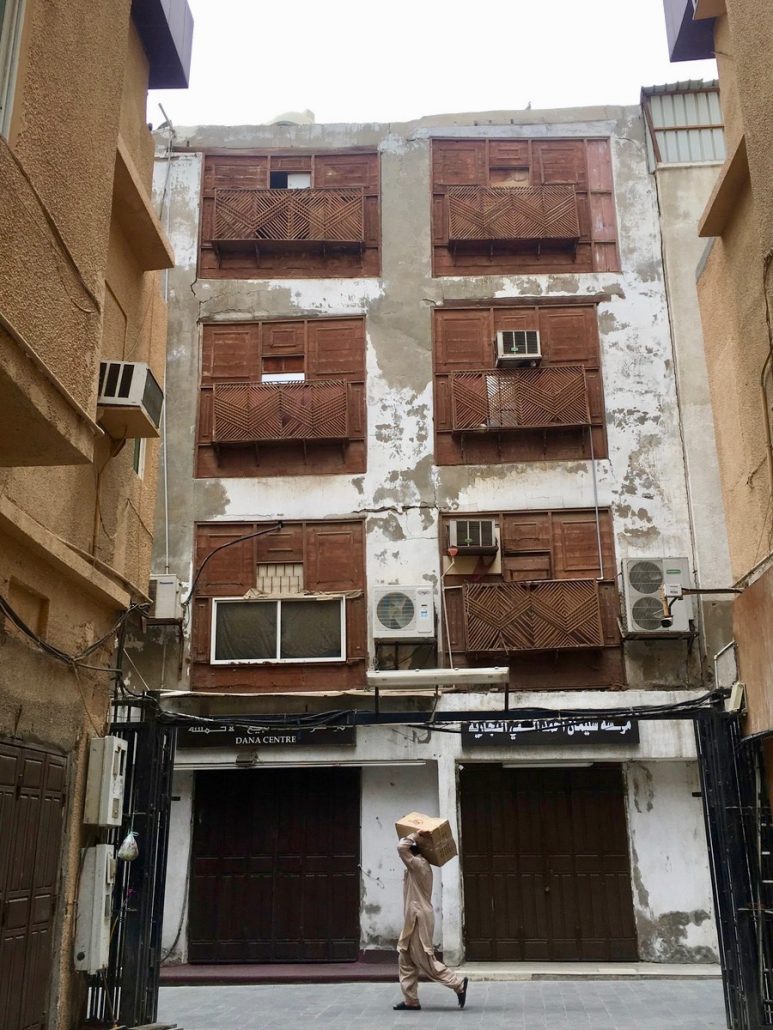
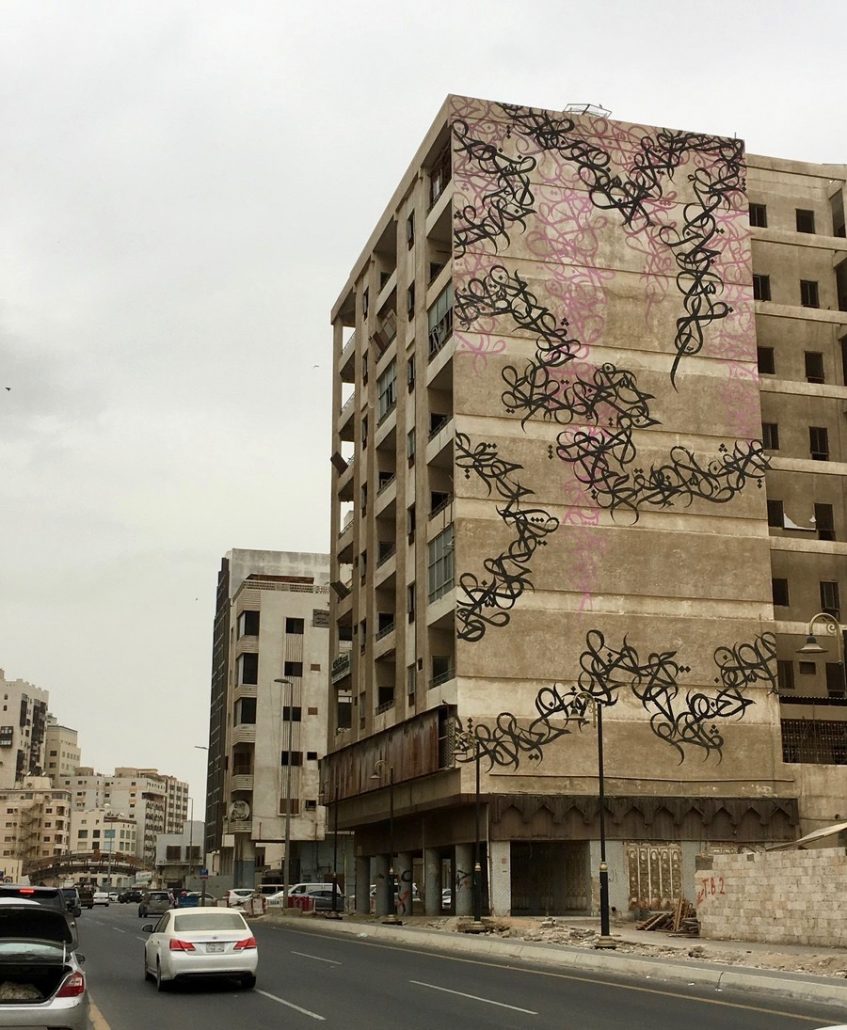
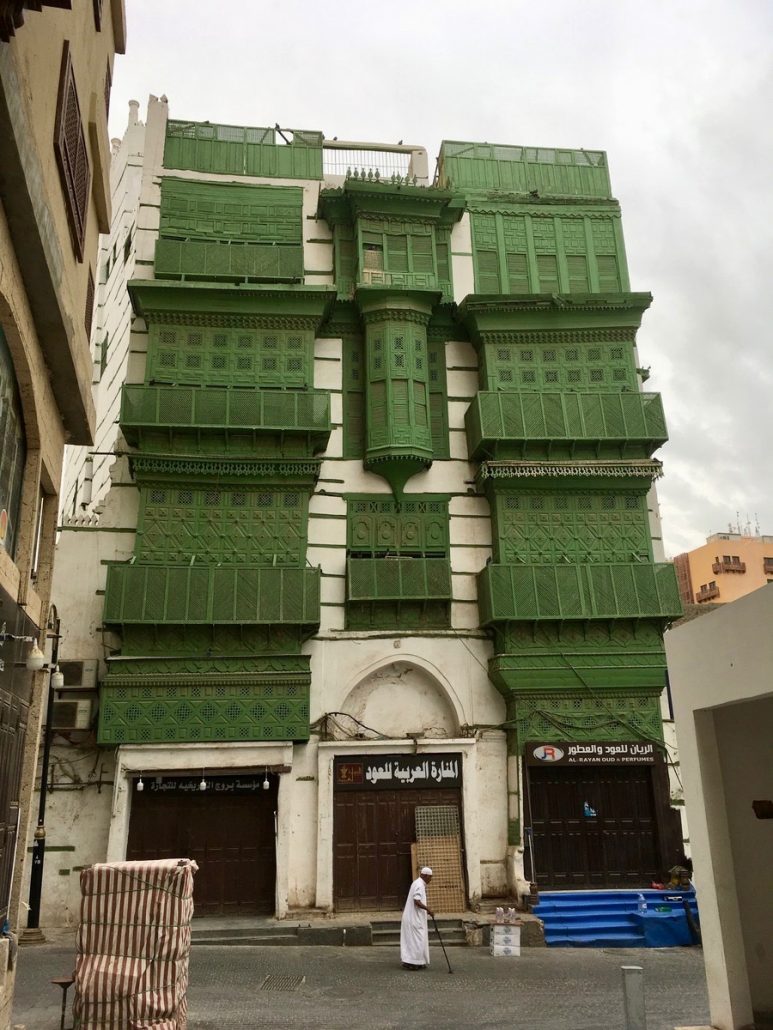
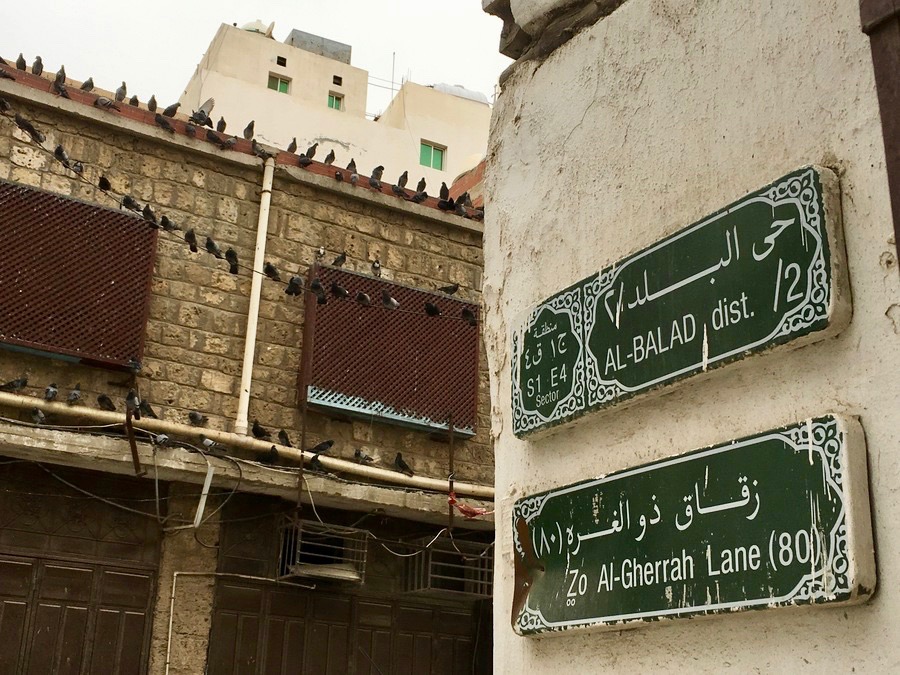
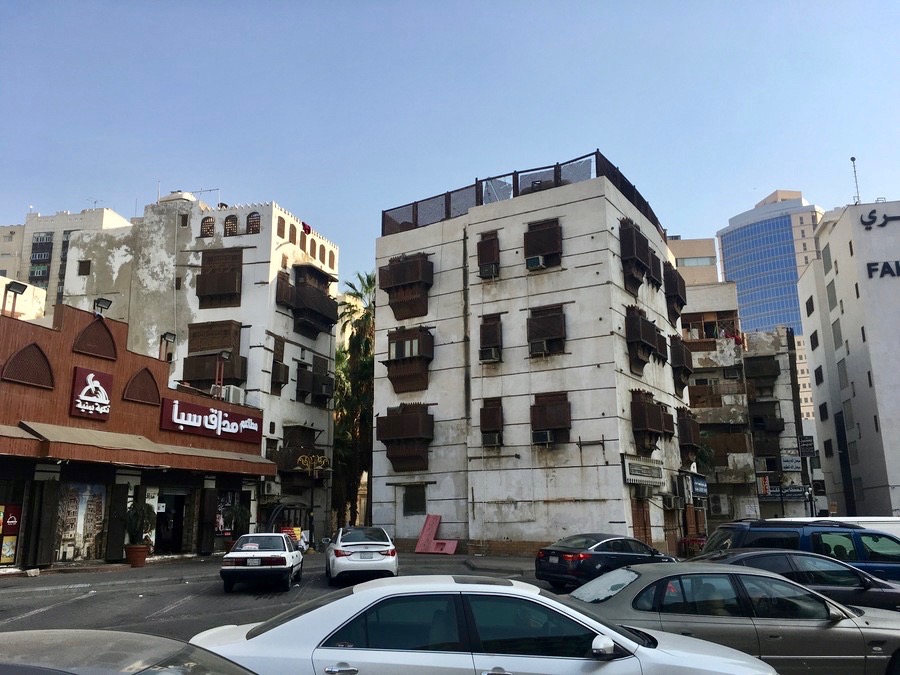
Al-Balad, Jeddah’s UNESCO-heritage listed old town, is an interesting mix of old dilapidated buildings housing souvenir shops for pilgrims, jewellery stores and things that you really only could find in this part of the world (a wad of khat – chewing tobacco – anyone?). Parts of the city are being renovated, including some of the most gorgeous mansions I have seen this side of the Gulf. Other parts are in various states of dereliction, ripe for gentrification, or more modern towers covered in spray-painted scribbles, the subjects of some intriguing urban photography.
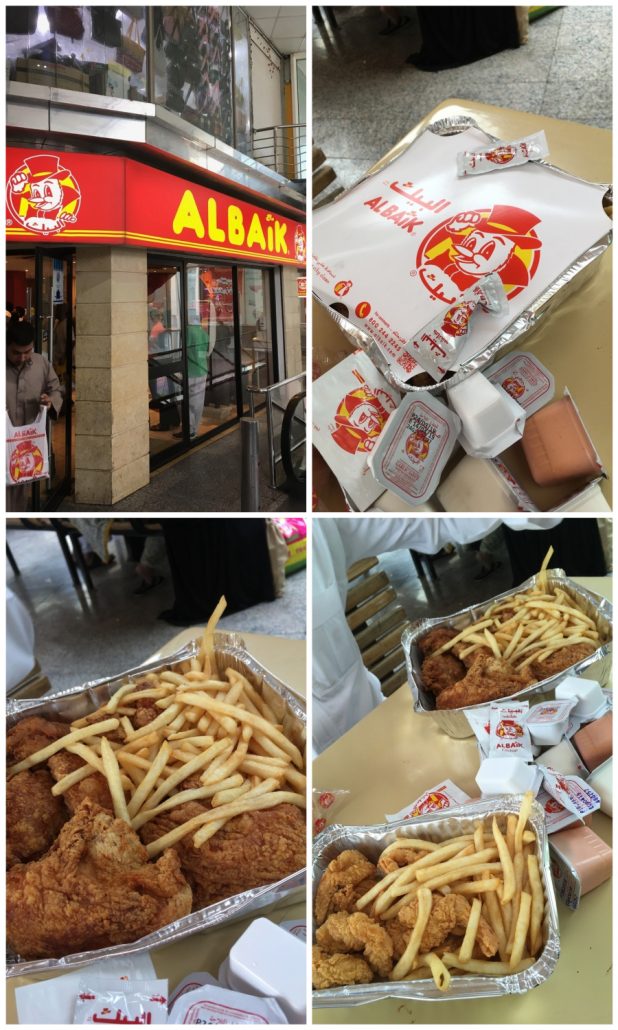
On both days I spent in the old city, I used Careem (a ride sharing app) to head over to Ragi’s office to meet him for lunch. The first day he took me to Al Baik, a locally-operated fried chicken joint that serves the tenderest fillets I’ve ever sunk my teeth into, while on the second day he took me to a humble upstairs room above a fishmonger. We sat on the floor and, half an hour after selecting our fish from the icy display at street level, were served steaks of some of the freshest seafood I have ever tasted.
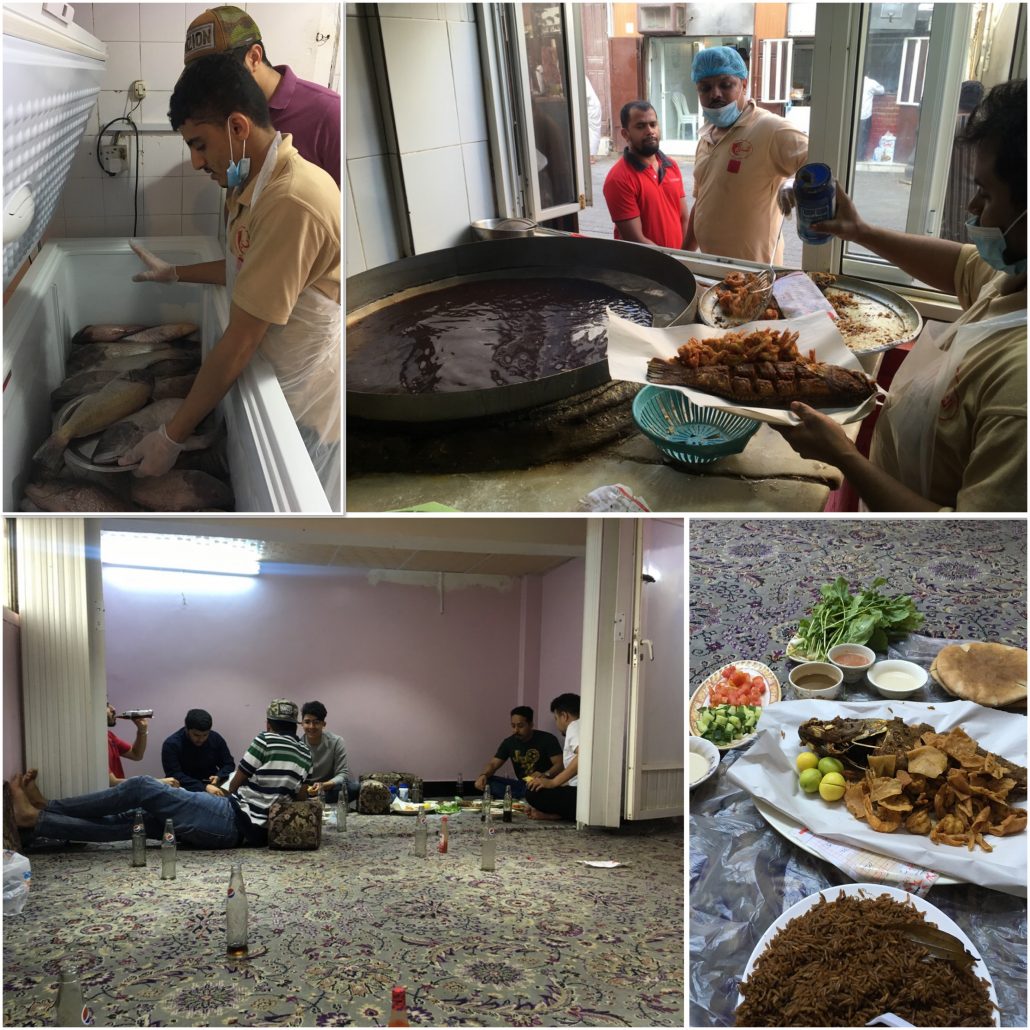
I couldn’t get enough of it, and I think it showed; I turned down Ragi’s offers of more food, as I realised my eyes were bigger than my stomach. After rolling out of the place, piling into his car, and stopping for a digestion-aiding Moroccan mint tea from a drive-thru roadside spot, I began to understand how one could get hooked on this lifestyle. A moment of panic ensued, anxious that if I stayed any longer I might start getting used to this decadence.
Ragi must have been able to read the expression on my face, and came out with “you know Tim, I’ve lived in Jeddah, in Melbourne in Australia, and Florida in America…” I had a feeling I knew what he was about to say.

He continued contentedly – not arrogantly, as so many city-proud people do, but with a sense that this is just an honest truth. “Melbourne is one of my favourite places in the world, and I really want to go back there. But I love Jeddah, I love my life here, and I never want to live anywhere else.”
There it was. Addicted to the lifestyle, and something that I too was beginning to be swayed by. It was time to leave before I’m spoiled.
I will be back again one day, no doubt. But for now, it’s time to leave.

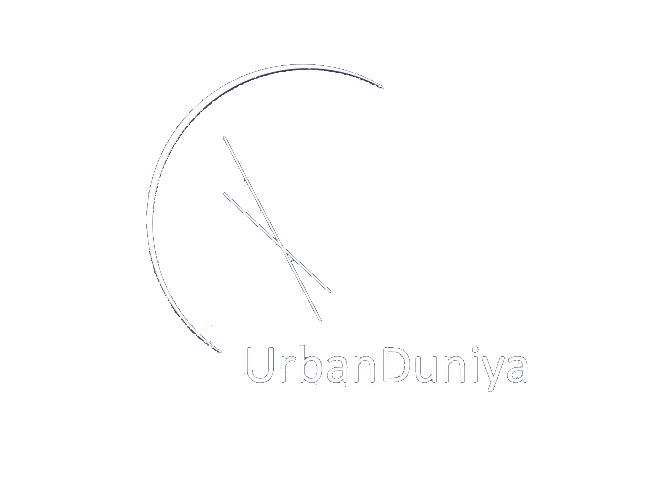
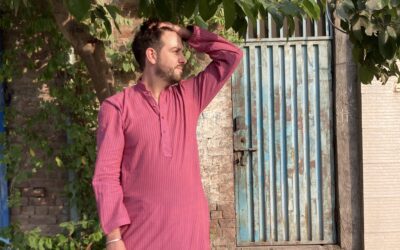
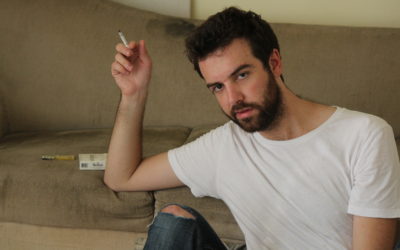
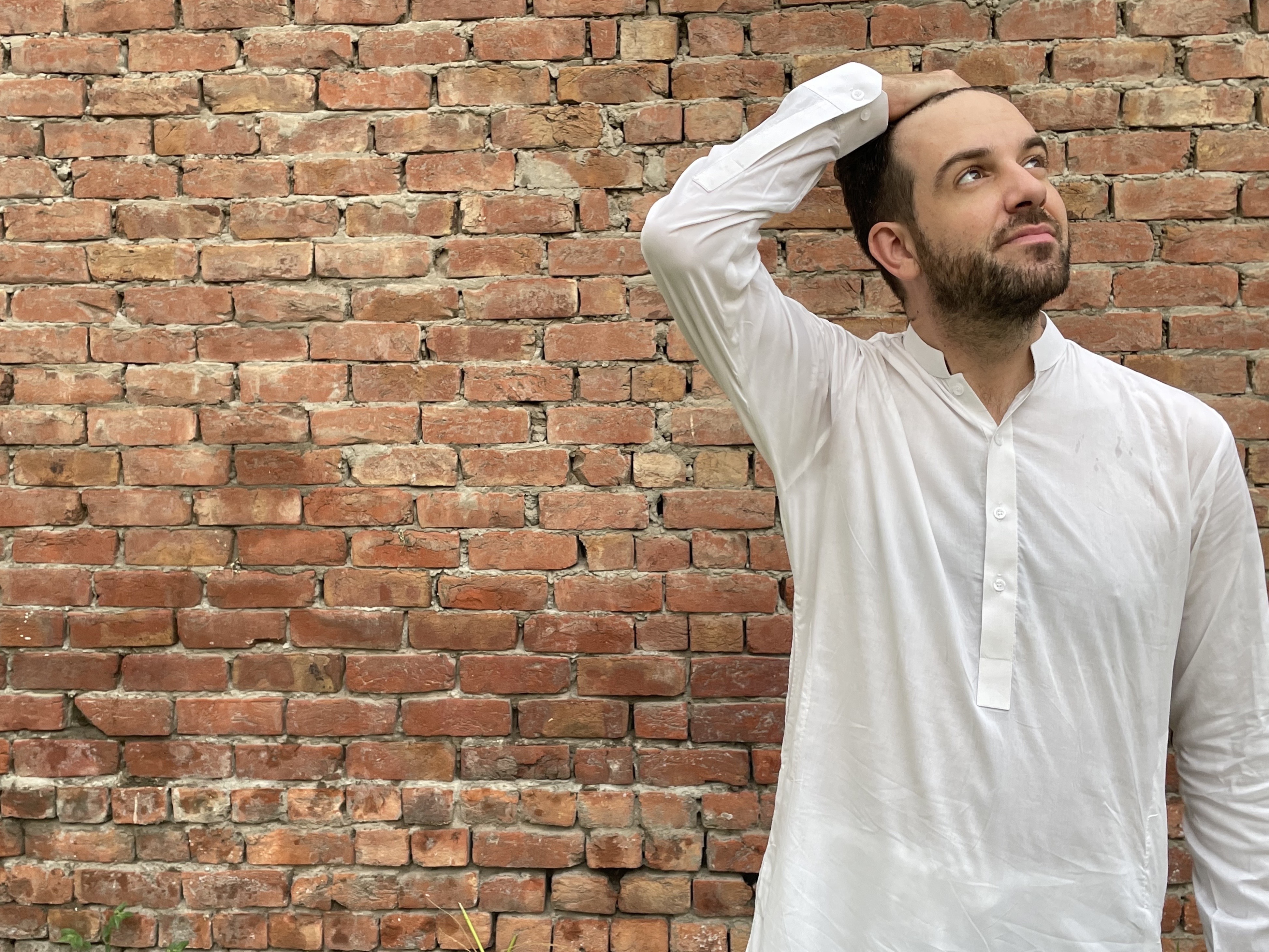
Hi Tim, enjoyed the read. I’m a bit older than you guys, but could relate to it all.
You must pass by my place next time. I’m from the UK, originally from Kashmir side of Pakistan. The great benefit for us Brit expats is the close proximity of Mecca and Medina.
Thanks for reading! Sure – I’d love to catch up!
Looks pretty interesting Tim. It’s amazing how people out of say Australia and places like it don’t stress over work and getting up early like we do. I have to say, I think they have their priorities closer to right than we do!
Pretty much! Thanks for reading, Andy!